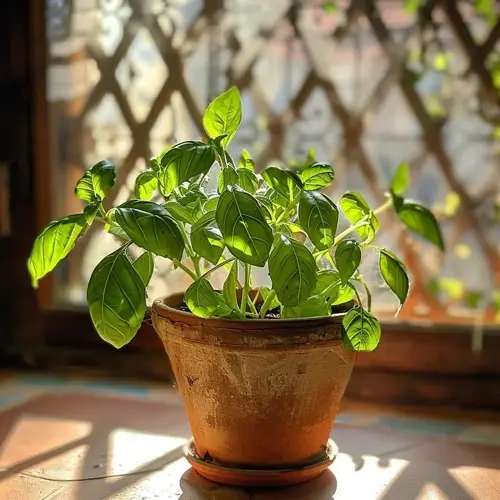Can native species become invasive?

Written by
Kiana Okafor
Reviewed by
Prof. Samuel Fitzgerald, Ph.D.Indeed, native species can become invasive in a situation of ecological imbalance. The example of White-tailed deer illustrates this well; the deer occupy a large area of eastern US forests spanning over fifteen million acres. There are no natural predators, such as wolves, meaning the deer can overgraze its vegetation, inhibiting the regeneration of trees. The designation of 'invasive' depends on environmental context rather than simply on origins.
White-tailed Deer
- Cause: Wolf extinction removes population control
- Impact: Prevents forest regeneration across 15 million acres
- Damage: Consumes native seedlings reducing biodiversity
- Solution: Controlled hunting programs restore balance
Sea Urchins
- Cause: Sea otter decline in kelp forests
- Impact: Creates underwater deserts by overgrazing kelp
- Damage: Destroys habitat for fish and marine mammals
- Solution: Otter reintroduction programs in Pacific Northwest
Kangaroos
- Cause: Dingo control in Australian grasslands
- Impact: Overgrazing causes topsoil erosion and desertification
- Damage: Reduces vegetation cover by 80% in affected areas
- Solution: Reintroducing natural predators to control populations
The primary distinction between the two is the cause of the invasive behavior. Invasive species become problematic when they have no natural checks and balances. During my fieldwork in the forests of Pennsylvania, I observed locations where deer densities reached 100 per square mile, resulting in the complete extirpation of native wildflowers.
While solutions deal with restoring ecological balance, they are not technically about eradication. Hunting is one method used to control deer populations. The reintroduction of sea otters will help manage urchin populations. When balanced, native species differ from non-native invaders, as they have a right to exist in their ecosystem. Management ensures that they fulfill their role in the ecosystem without harming other ecological aspects.
Read the full article: Comprehensive Invasive Species List

